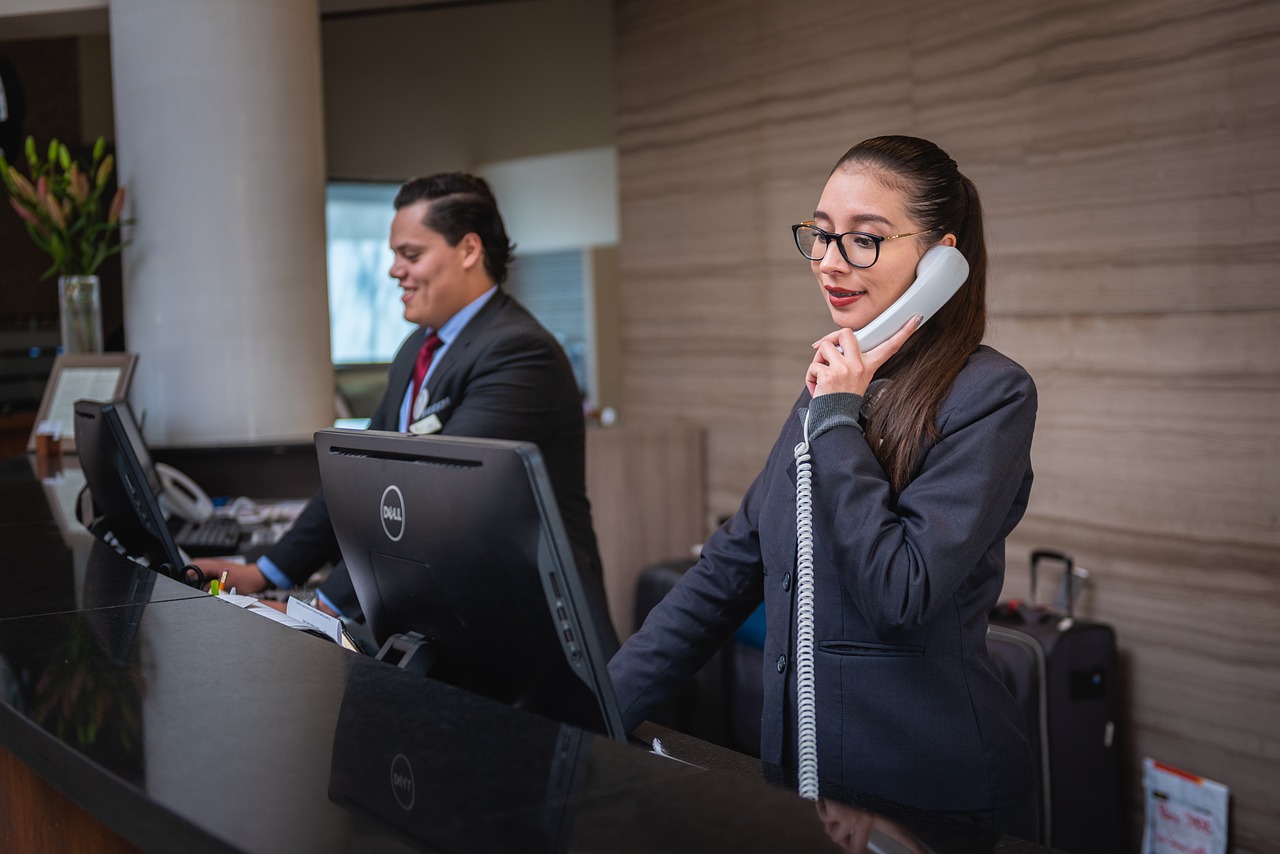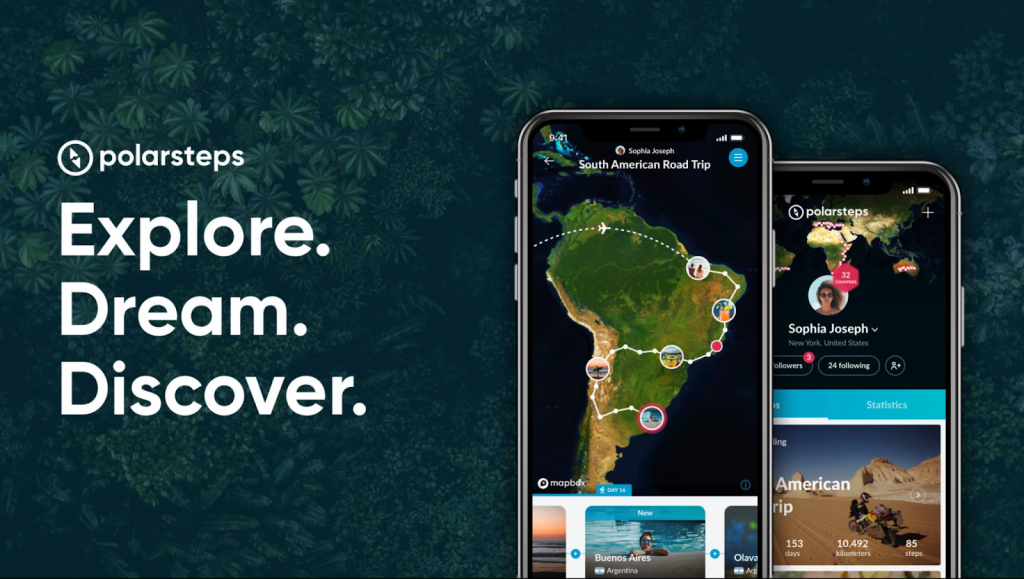Pandemic related shutdowns turned the travel industry upside down and only until recently, have certain categories of travel returned to pre-pandemic levels. While volumes and traffic inch back towards growth, one area still remains a challenge, hiring staff. Covid-19 not only ground travel to a halt, it decimated the frontline workforce that travel providers depend on. Hiring and filing vacancies in the industry remains a challenge and a recent survey by Deloitte suggests that only 53% of hotel respondents were at 25-74% of their 2019 headcount and only 10% of those surveyed expected to be at full team strength by the start of 2024. Quality frontline customer service is essential for travel providers and vacancies in this area of the operation could lead to gaps in quality and service, negatively impacting revenue and profitability. After the complex and time consuming process of hiring is complete, training new hires becomes another challenge but using recent innovations and technology can speed up the process and get new hires working faster, minimizing and eliminating gaps in customer service and quality.

Artificial Intelligence Hits the Technology Scene
Artificial Intelligence (AI) refers to technology that is programmed to learn from data and make decisions based on inputs from users and past historical instances. The technology is sometimes referred to as Machine Learning to highlight the learning aspect of the programming. AI has 5 core components that define the model:
- Learning
- Reasoning and Decision Making
- Problem Solving
- Perception
- Language Processing
Specialized code and algorithms can fine tune AI technology to serve specific purposes such as creating text or imagery or providing virtual customer service. Recent innovations in programming structure have increased the speed of AI technology and today’s infrastructure can process vast amounts of data and make decisions in fractions of a second. AI’s core elements and capabilities could position the technology to become a valuable resource in the travel industry specifically. OTAs and travel providers have seen early success with AI powered travel planning assistants but this technology can also benefit the operational side of the travel business by efficiently and effectively training frontline staff to reduce or eliminate gaps in service and quality.
AI Innovates Travel Industry Training
For the travel industry, hiring and filling vacancies is challenging in the current business environment and getting new hires trained and ready to work adds more complexity to the process. Frontline teams are crucial to delivering exceptional service and experiences to guests and getting them trained and skilled as quickly as possible can close any service and quality gaps. AI powered training platforms can deliver skills, information and messaging in a highly engaging manner positioning the technology to be a valuable training tool, especially in the field and on the job. AI tools can provide a high level of interactivity and monitoring, making learning as you go solutions more practical and effective. Basic and advanced service skills as well as job unique skills and processes can be taught and put to real world use from day one, with an emphasis on productivity, quality and accuracy. Development monitoring and dynamic learning ensures the new hire understands skills and concepts at a faster pace. Gaps in customer facing service and quality can have negative impacts on travel service businesses and a highly skilled frontline team can maintain standards and experiences for guests.
New Technologies Positively Impact the Bottom Line
Hiring and training in the travel industry is a time consuming and costly process. The current labor market is also posing challenges for travel providers as qualified candidates for frontline positions remain in short supply. But travel providers cannot cope with vacancies on frontline teams as customer facing units directly impact service quality and guest satisfaction. Getting new hires trained and ready to work as quickly as possible is critical in maintaining high quality service and engagement but typical methods of training are also time consuming and can negatively affect productivity and service levels. Travel businesses can utilize advanced, AI powered training tools to deliver fundamental and job specific skills, greatly reducing training time and positioning new hires to begin contributing faster than traditional training methods. Driving productivity with effective and fast paced training will help control hiring costs and will positively impact profitability.
Travel Businesses Benefit from AI Technology
The travel industry has always been quick to adopt the latest innovations and AI is no exception. Using the technology for customer facing interactions is just the beginning and AI is poised to help optimize travel backend operations as well as provide powerful tools for training. Faster training can help travel service providers suffering through service and quality gaps caused by unfilled frontline vacancies. Hiring and training can be a time consuming and costly endeavor and training and deployment time can cause those quality gaps and could ultimately have negative impacts on profitability. Using AI based training tools can speed up the process and get new hires contributing faster and more efficiently than traditional methods of learning. As volumes and traffic ramp back to pre-pandemic levels, travel businesses cannot afford to skip a beat when it comes to delivering exceptional customer service and engagement.
Sources:
https://www.hotelmanagement-network.com/jobs/onlinetravel-hiring-traveltourism-industry/?cf-view

